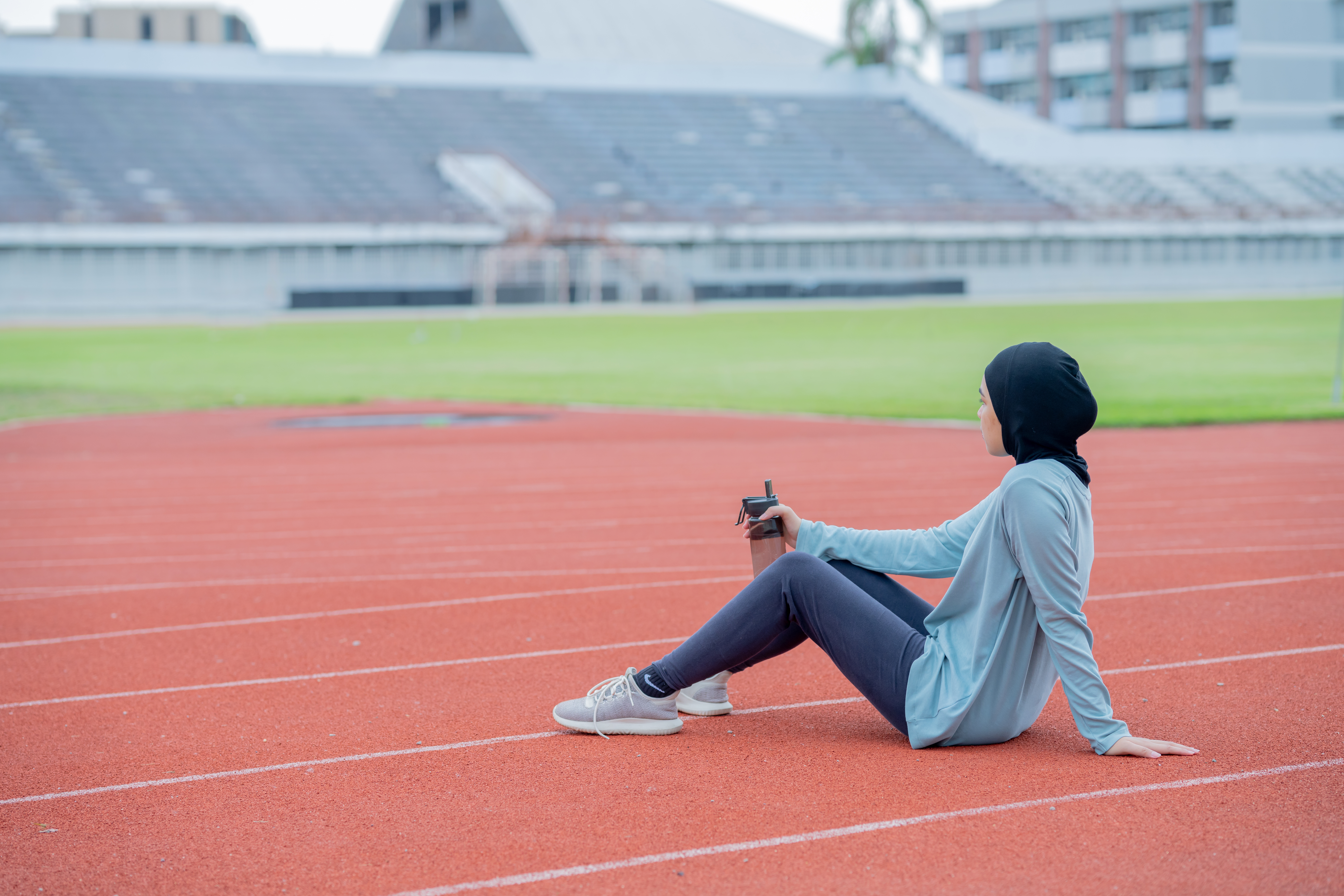Human rights organizations are calling on the International Olympic Committee (IOC) to challenge France’s ban on headscarves for its athletes at the upcoming Paris Olympics. The prohibition has sparked significant controversy, with critics arguing that it discriminates against Muslim women and violates both the Olympic Charter and fundamental human rights.
In a letter published by organizations including Amnesty International and Human Rights Watch, it is highlighted that the hijab ban has left many Muslim athletes “invisibilized, excluded and humiliated.” The call for action comes less than two months before the Olympics and Paralympics are set to begin in Paris.
The issue first gained attention last September when France’s sports minister reiterated the government’s commitment to secularism, explaining that athletes representing France would be barred from displaying religious symbols, including headscarves, during sporting events. The United Nations has criticized the ban, asserting that women should not be forced to adhere to dress codes. Meanwhile, the IOC has confirmed that these restrictions will not apply to athletes from other countries.
Among the advocates against the ban is French basketball player Hélène Ba, co-founder of Basket pour Toutes. Ba argues that the French team should represent the diversity of society, describing the bans as a “clear violation of the Olympic charter” and an infringement on fundamental rights. “It reinforces gender and racial stereotypes, and it feeds the anti-Muslim hate that already pervades part of French society,” Ba said.
Diaba Konaté, a guard for the University of California at Irvine and former French under-18 basketball team player, expressed her frustration over the ban preventing her from representing France. “Despite my desire and skills, I’m not actually allowed to play for France because of discriminatory policies that prohibit athletes like me,” she said. “As a Muslim woman who chooses to wear the hijab, I can’t fully express my faith and pursue my athletic aspiration.”
The letter to the IOC emphasizes the significance of the upcoming Paris Games, which are billed as the first-ever “gender equal Olympics,” urging the committee to leverage its influence to overturn the bans. The organizations argue that lifting the hijab ban would ensure the Olympics leave a lasting legacy of gender equality and non-discrimination.
The French government’s stance is rooted in its policy of laïcité, or secularism, which mandates absolute neutrality in public services. This principle has led to the banning of visible religious symbols, including headscarves, in state-run schools and now in sports competitions.
Critics, however, see the ban as an extension of anti-Muslim sentiments and an infringement on personal freedoms. “The effect of France’s exclusionary hijab bans across many sports is that many women and girls from the Olympics’ own host nation are discriminated against, excluded, and prevented from playing, practicing, and competing in sports they love and excel at,” said Minky Worden, director of global initiatives at Human Rights Watch.
As the debate continues, human rights advocates remain steadfast in their call for the IOC to take a stand against the hijab ban, ensuring that all athletes, regardless of their religious beliefs, can participate fully and freely in the Olympic Games.










